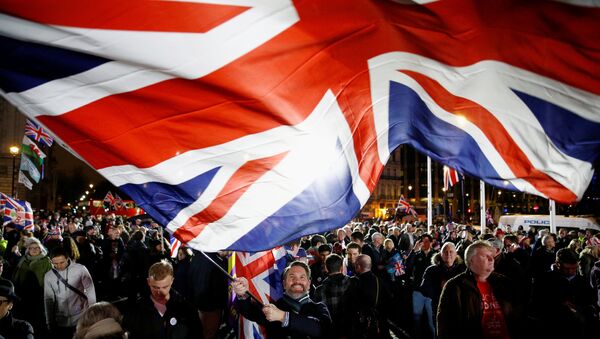"Even now, as eastern Europeans have full access to labour market, Poles and Romanians are two of five top nationalities who are reported victims of modern slavery in the UK. It is easy to imagine how increasing pressure to drive down labour costs… will translate into much more severe coercion and abuse," Barbara Drozdowicz, the chief executive at the East European Resource Centre, said.
Emily Kenway, a senior policy adviser at Focus on Labour Exploitation, told the daily that by cutting off legal immigration routes, the government was essentially forcing people into the hands of human traffickers, which is a recipe for disaster, as proven by the deaths of dozens of Vietnamese citizens in a refrigerated truck last October.
"This is going to increase undocumented workers unless the government is going to introduce a way of people reporting exploitation without the risk of being deported. We know people won’t report exploitation and trafficking because of the fear that their data will be passed on to immigration," Kenway said.
The Home Office unveiled its plan for the post-Brexit immigration process on Wednesday. As promised, it will award more points to skilled workers in sectors with shortages, whereas a vast number of low-paid workers will not qualify for visas, in what the government said will open up the market to locals.
Compared to the year before, the United Kingdom saw a 36 percent rise in the number of reported potential trafficking victims in 2018, according to last year’s report by the National Crime Agency. Labor exploitation was the most recorded type of victimization.


